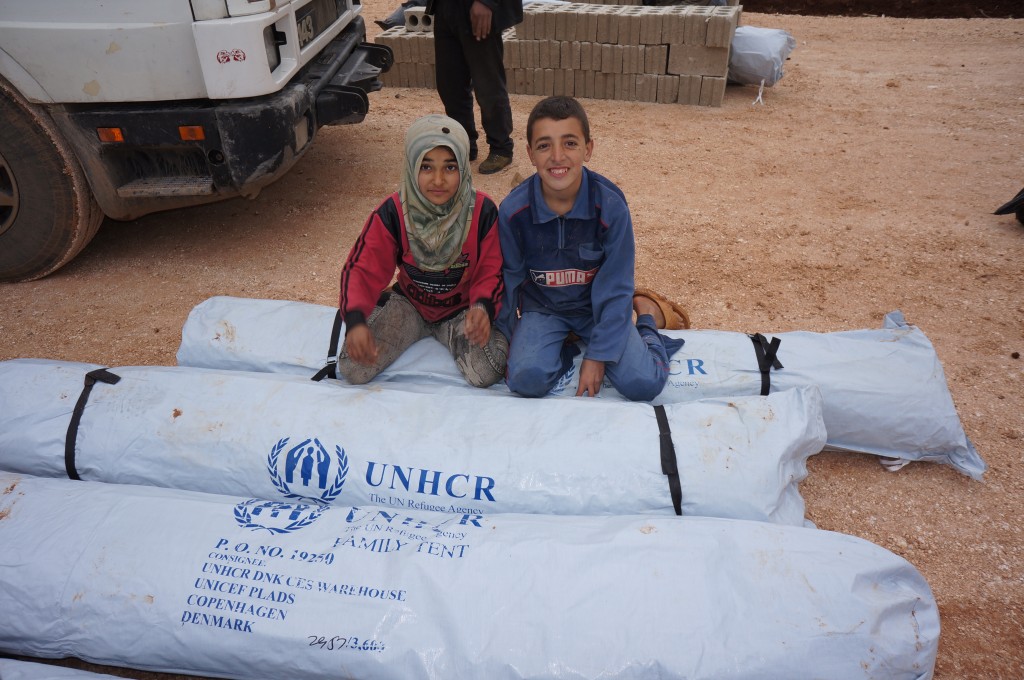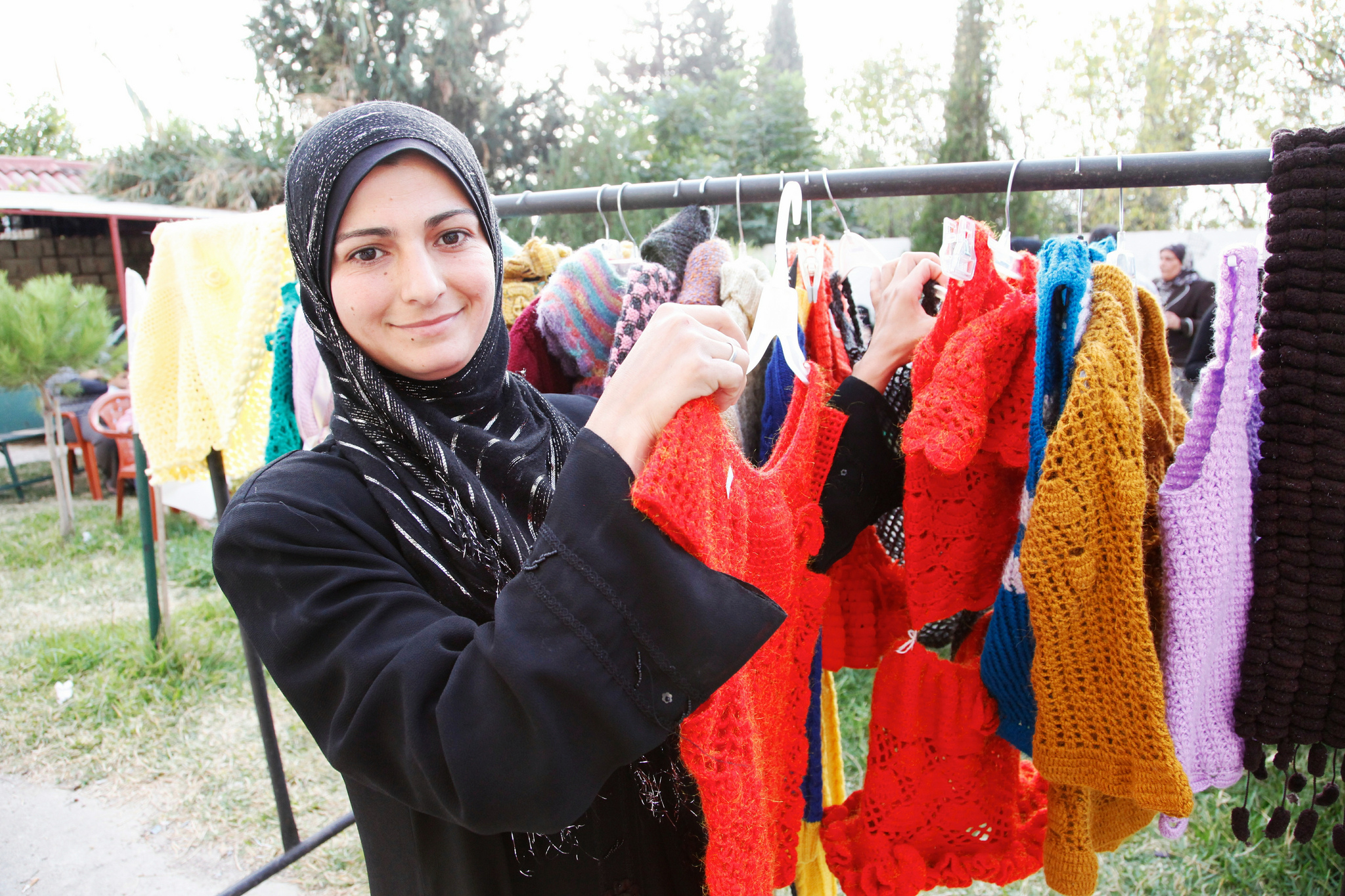Advisory Council Expertise Creates Big Impact on CDP Focus Areas
Transform Disaster Giving. Increase Donor Impact.
How many of you have created your own six-word stories, biographies, or statements? It is amazing what six little words can convey. The entire focus of the Center for Disaster Philanthropy is held in the six-word nugget above – the education, outreach, connection to funders and donors, information sharing, focus, advocacy, grant making, and creation of cutting edge communications and solutions to make sure that this country understands the entire disaster cycle and the funding needs for both the immediate and long term when disasters hit.
The staff of CDP is similar to the six-word story. Seven people are creating a big impact. How do they do it? One way is through the counsel and connections of the CDP Advisory Council. I and the fourteen other members on the Council come from a wide variety of fields, and each member has a specific expertise in the disaster arena, such as philanthropy, response, coordination, research, resilience, and international or domestic emergency management. Each of us is an ambassador for the Center, with the goal of increasing the Center’s visibility and reach.
We are hardworking ambassadors, providing strategic guidance and expert direction on the Center’s programs as well as bringing in new organizations and people to advance CDP’s goals. We are each passionate about changing the face of emergency-related giving by moving it from reactive, event and human emotion driven response, to one focused on increasing the effectiveness of the private donor’s dollar for the good of affected communities worldwide. Who benefits? The individuals, families and communities who have felt the full and long-term impact of a disaster. Immediate financial support is needed following a disaster, absolutely. However, any disaster’s impact has a long tail and longer-term revenue is needed to support the families’ and communities’ return to physical, emotional and economic security, as well as mitigate future disasters from recurring.
For instance, CDP gained valuable insights from the Council on the prolonged Syrian crisis. Clay Whybark, academic advisor to the Institute for Defense and Business, brought up the children in Syria who have been abandoned, isolated, or orphaned by the war as a place where funders can help. Peter Walker, former director of the Feinstein International Center at Tufts University, noted the challenge of protection. “Civilians, as always, carry the burden of suffering,” he said, “and restoring some form of policing, law, and order neighborhood by neighborhood has to be a priority.” Sam Worthington, President and CEO of InterAction, agreed and spoke to the need for philanthropic support of non-governmental organizations quietly working in the area to maintain safety, as well as UNOCHA—particularly attempts to focus on the region’s humanitarian needs and violation of humanitarian law.
It is this level of robust conversation on our quarterly calls that provides the CDP with thought-provoking information and choices for its actions. CDP’s unique role in Hurricane Sandy was also formed by the Council’s advice and expertise on how to best serve Sandy-affected communities and the donor community alike. We helped donors to consider how to fill in the gaps, be strategic, think long term and take the risks that others can’t take. CDP also funded strategically. While immediate relief dollars went to housing, food and clothing, the CDP Hurricane Sandy Disaster Fund was established to invest in projects that fill the gaps where public resources are unavailable or scarce. The CDP made grants to nine organizations working to support long-term recovery from the effects of Hurricane Sandy.
As Margaret Mead noted: “Never doubt that a small group of thoughtful, committed citizens can change the world; indeed, it’s the only thing that ever has.” The Center for Disaster Philanthropy’s clear impact on transforming disaster giving in its first three years derives from its talented staff and its willingness to connect to a wide network of experts, including the Advisory Council.
More like this

CDP Advisory Council Weighs In on Syrian Crisis
